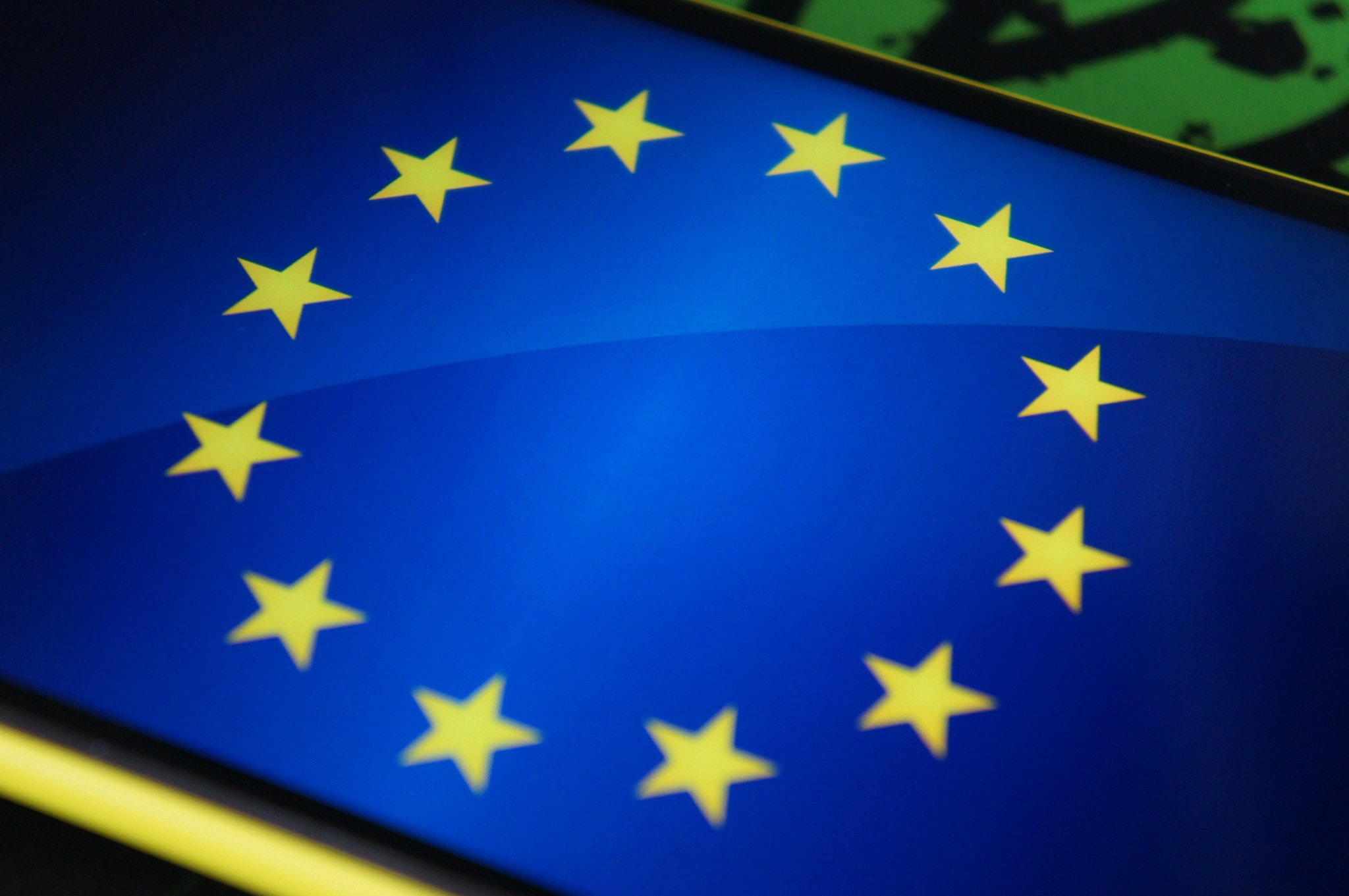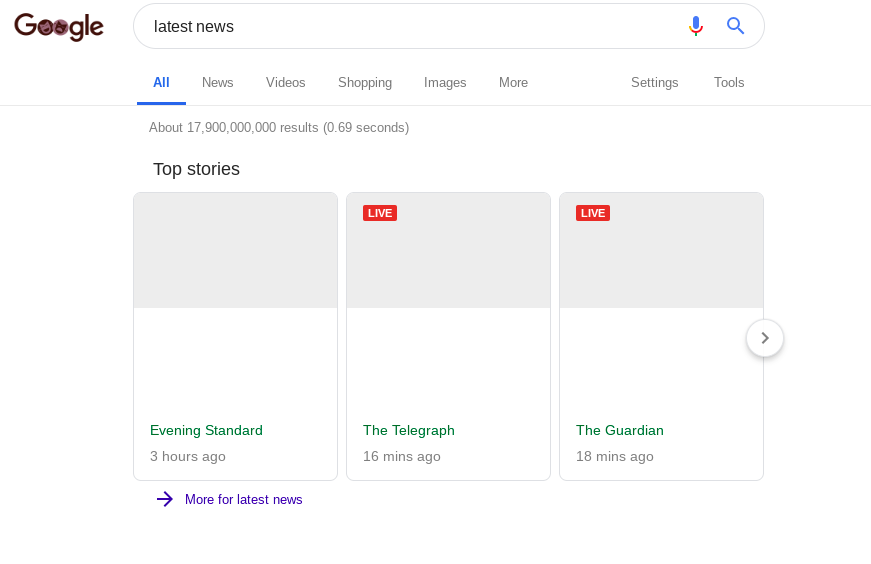The EU Copyright Directive is about to make the internet worse for almost everyone
What you need to know about the European 'link tax' and 'upload filter.'

All the latest news, reviews, and guides for Windows and Xbox diehards.
You are now subscribed
Your newsletter sign-up was successful
The European Union's new Copyright Directive stands to dramatically change the way we consume news and other online content. Although originally intended to ensure creators and news organizations are fairly compensated for their work, the directive will more likely make quality news harder to find, throw financial and technical roadblocks in the way of smaller online publishers and creators, stifle free speech and negatively impact internet culture.
The directive is currently in the late stages of closed-door negotiations between the European Commission, European Parliament and European Council before being put to a vote of EU member nations. If passed as-is, it'll be a major change to the balance of power around online copyright. The ripples from the EU CD are likely to be felt even outside the EU's borders -- in areas as serious as major news coverage, and as silly as the memes we see on Twitter and Facebook.
The directive is supported by some European publishing giants and major record labels and musicians like Paul McCartney. But it's faced growing opposition from tech giants, social networks and online content creators, as well as campaign groups like the EFF and academics like world wide web inventor Tim Berners-Lee.
The main controversy centers on Articles 11 and 13 of the directive, also known as the "link tax" and "upload filter" requirements.
The Link Tax
Article 11 forces news sites to charge Google and others for snippets.
Article 11 requires online news aggregators like Google, Facebook or Twitter to pay licensing fees to news organizations when showing snippets of their coverage, and forces news organizations to charge these fees. The goal is to compensate cash-strapped news publishers for the parts of their articles being used in places like Google News, where you might see an image and short summary alongside the headline. The argument from big publishers is that Google and others are cashing in on their content by showing links and snippets on "monetized platforms," and they want a slice of the action.
On the other hand, the idea that a reader would skim past a snippet where otherwise they'd click and read the entire story is at best contentious. What's more, the EU CD requires a "non-waivable" licensing fee, meaning smaller publishers in need of extra visibility of aggregators like Google can't simply charge a link fee of zero.
As reported by SearchEngineLand, a similar law enacted in Spain in 2015 went pretty badly for all concerned, ultimately resulting in Google News being shuttered entirely in that country.
All the latest news, reviews, and guides for Windows and Xbox diehards.
Google recently published an example of how Google News might look in a post-Article 11 world -- in essence, a search results page that at first glance appears to be broken. No extended headlines. No thumbnails. No snippets.

In December the company's VP of news, Richard Gingras, highlighted further issues for small publishers, who'd be required to enter into complex commercial agreements with individual aggregators in order to compete for online attention.
Article 11 could [require aggregators] to strike commercial deals with publishers to show hyperlinks and short snippets of news. This means that search engines, news aggregators, apps, and platforms would have to put commercial licences in place, and make decisions about which content to include on the basis of those licensing agreements and which to leave out.Effectively, companies like Google will be put in the position of picking winners and losers. Online services, some of which generate no revenue (for instance, Google News) would have to make choices about which publishers they'd do deals with. Presently, more than 80,000 news publishers around the world can show up in Google News, but Article 11 would sharply reduce that number. And this is not just about Google, it's unlikely any business will be able to license every single news publisher in the European Union, especially given the very broad definition being proposed.
It's also not clear where the line would be drawn between a snippet, which would be subject to the link tax, and a simple hyperlink, which wouldn't. Aggregators would likely err on the side of caution, lest they end up in court.
As a test case for what Article 11 might mean for publishers, Ars Technica reported in 2015 that when Spain's similar news aggregator tax came into force, smaller outlets in particular suffered a 14 percent drop in traffic, with some local services going out of business altogether.
The Upload Filter
Article 13 of the EU CD is even more problematic and far-reaching. It makes sites hosting user-created content, like YouTube, Twitter and countless others, liable for copyright infringement on their platforms. They're on the hook, and could be sued in the EU by rights holders like movie studios and TV networks for things uploaded by their users. As such, they'd be required to proactively police their platforms for copyright infringement. That means things like memes including anything copyrighted (in other words, most memes), or screengrabs taken from a movie or TV show would need to be filtered before the content is published online.
Article 13 is about more than just outlawing memes.
Since EU law includes no fair use provision -- in contrast to the U.S. -- this could be extended to include footage of movies, TV shows and games used in critique and commentary.
Protecting against legitimate copyright infringement is important. Equally though, something as draconian as Article 13 steps far over the line into stifling free expression. There's a big difference between wholesale theft of an entire copyrighted work and sharing a reaction GIF on Twitter. The latter is not true infringement in the spirit of the law, it is a part of the way we communicate online today. But that nuance is lost on the EU CD.
Since the Article 13 makes platform holders liable by default, they'd almost certainly exercise an abundance of caution, leading to plentiful false positives -- users' posts being wrongly censored. This can already be seen in YouTube's ContentID system, which scans uploaded videos after the fact and allows rights holders to either take down or siphon money from videos using their content. Often ContentID enables wealthy rights holders to monetize the transformative work of smaller YouTubers, or block such works entirely on the basis of a few seconds of infringing footage. We can expect more of this if the EU CD comes into force -- particularly if a new, even more draconian scanning system needs to approve videos and images from European creators before they go live.
It's also not hard to imagine how such extreme restrictions on tweets, YouTube videos or Facebook posts could be misused by wealthy rights holders in other ways, such as to censor or suppress criticism.
All of this is to say nothing of smaller social media platforms without the resources to develop their own copyright-scanning megafilter for user-generated content. As with Article 11, the smallest platforms stand to be hurt the most.
Indeed, had something like Article 13 been enacted 15 years ago, it's unlikely Twitter or YouTube would exist in their current form.
All but the largest of news publishers benefit from the visibility and signal-boosting that comes from placement in news aggregators. And all but the largest, wealthiest content creators benefit from the relaxed, common-sense approach to copyright enforcement that pervades social media and video platforms today. Most importantly, society in general and internet culture specifically benefits from healthy free expression on online platforms, unhindered by onerous copyright policing.
If you live in an EU country and wish to stand up for free expression and competition online, you can take action here.

Alex is a Former Contributor for Windows Central.
